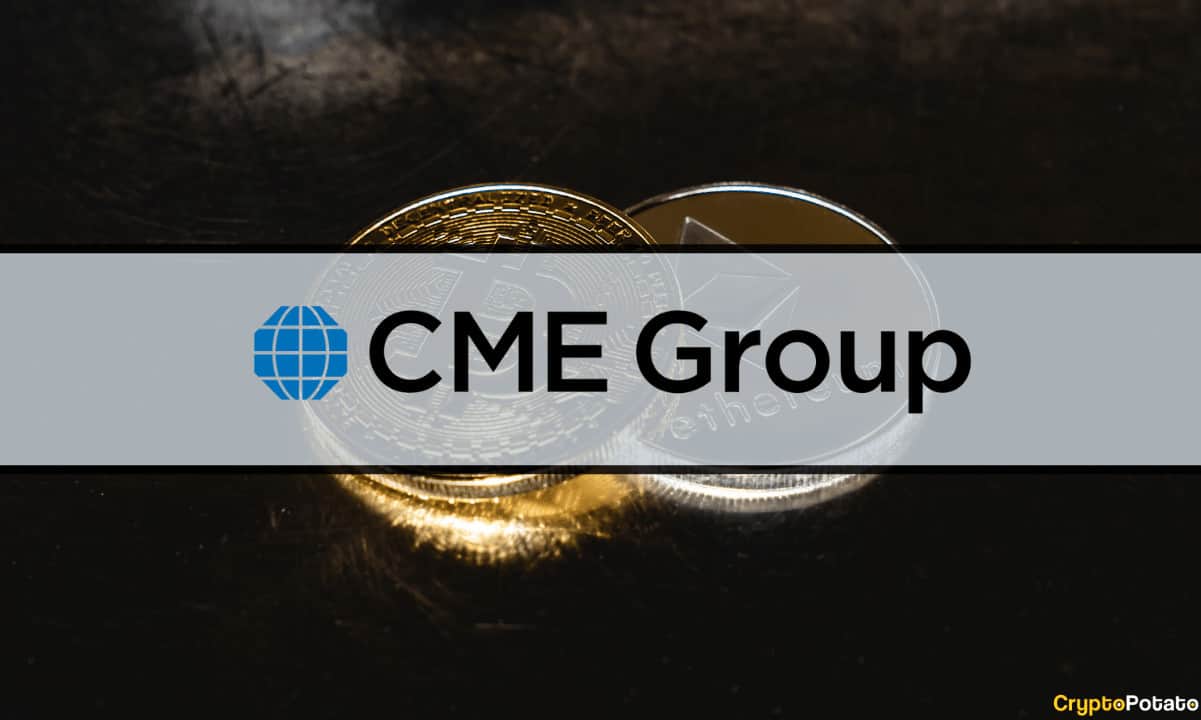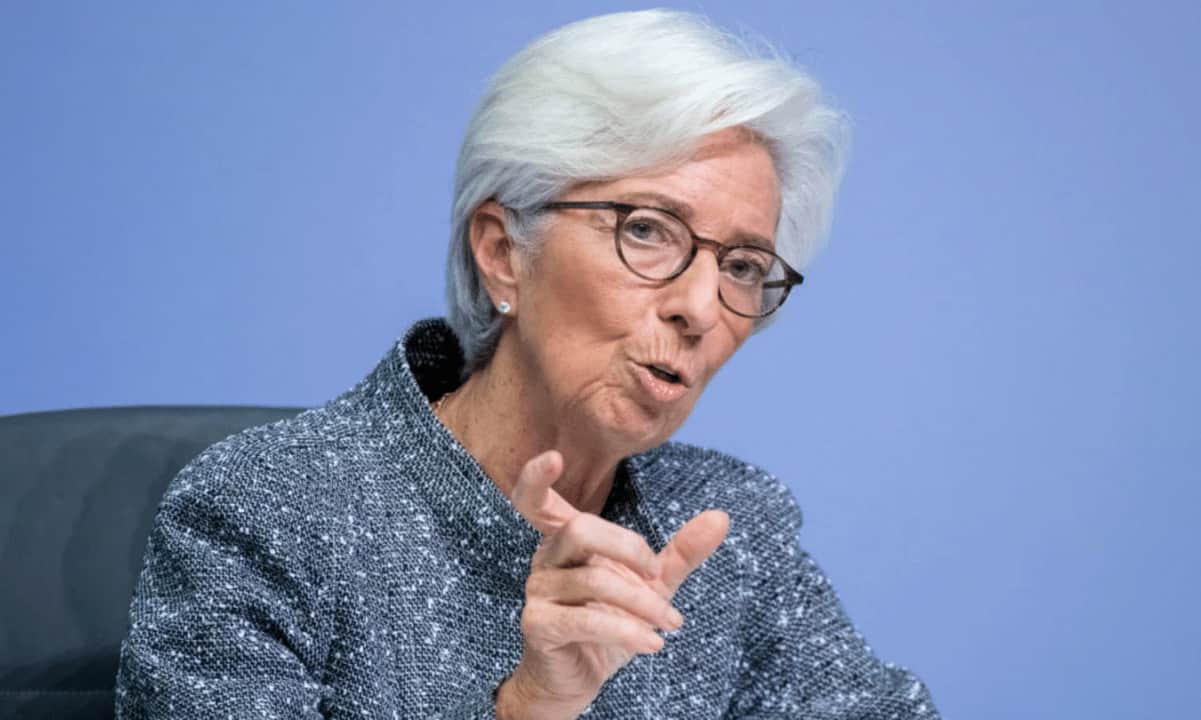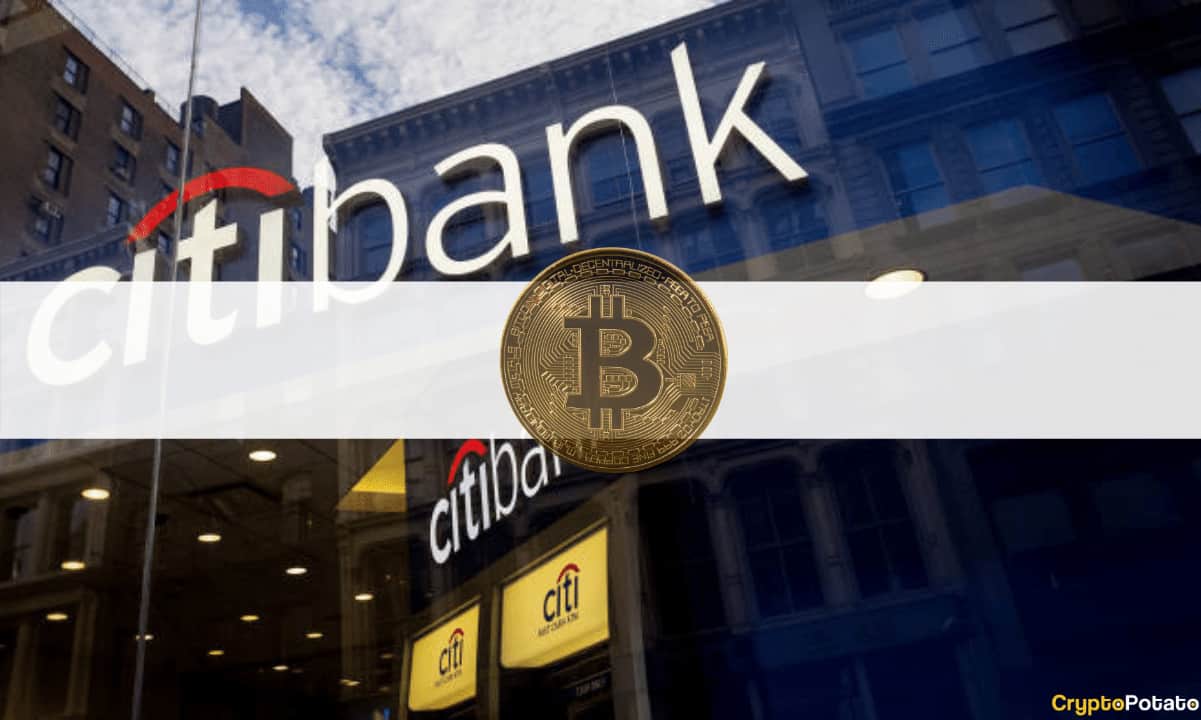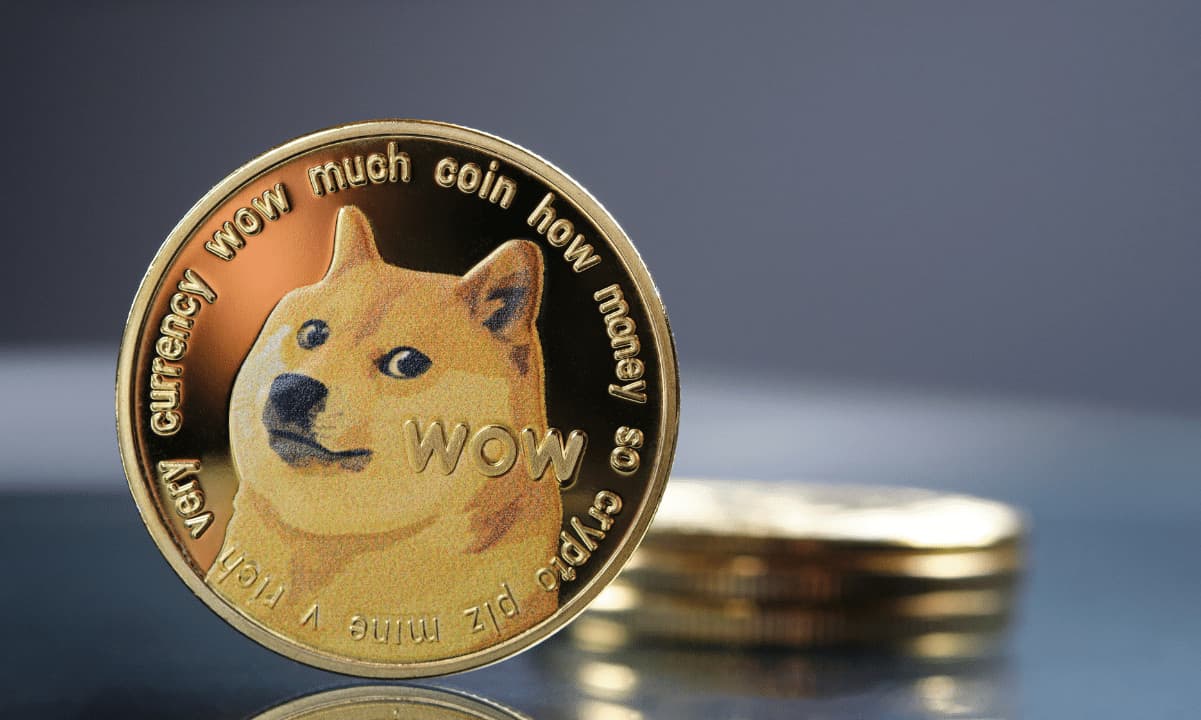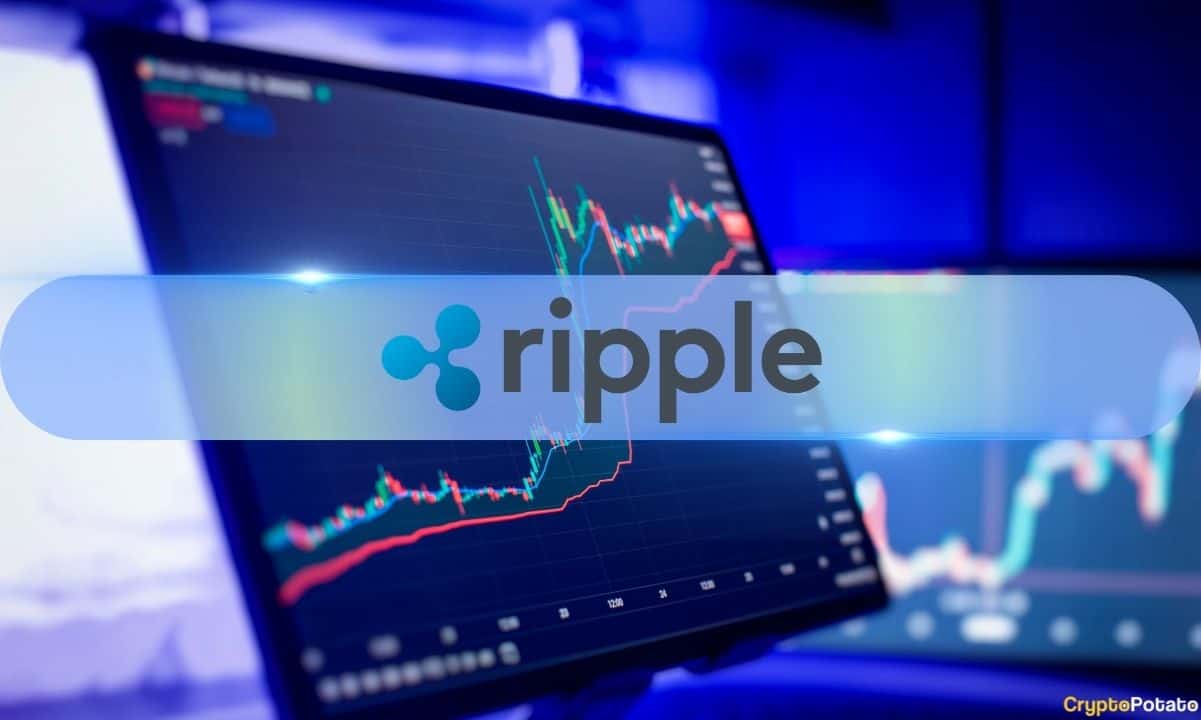Houbi Marks US as Its Next Target, a Special Interview
During the StartEngine Summit in LA, we got a chance to interview Will Wang. Will is the Head of Business Development and Investment in North America for Huobi. Huobi is a Hong Kong digital asset exchange, and one of the largest players in the crypto space today.
We discussed many topics and events occurring in crypto, including the state of regulations, ETF’s, Stablecoins, Security Tokens and how Huobi has been able to stand out from its competitors.
You’ve been involved in the crypto space for a couple years, and you’ve seen the ups and downs this year with the big crypto bull market and the bear market. I’d like to start with your initial thoughts about the Startengine Summit, and the general sentiment of the conference so far?

In 2012/2013 we saw an 80% decrease in volume, and currently, it’s only a 60% drop, so it’s not really a bear market compared to then. I guess right now we’re still in a phase of discovering the blockchain technologies application. I think soon it is will become a more usable technology. This morning’s speaker, the SEC chairman (Christopher Cox) is still pretty positive about the innovation. I think if you use the technology in the right way it helps to stabilize the financial system and helps increase efficiency and cuts down on cost, which will be something the government promotes. That’s actually what we believe in from a corporate perspective too.
Our ultimate goal is to build a business that lasts for 100 years
What is Huobi and what would you say are the main advantages that Huobi has over other exchanges in the market today?
Huobi is one of the largest cryptocurrency exchanges in terms of volume. The top 3 are Huobi, OKCoin, and Binance. Compared to the other two we are strictest when it comes to following every single regulation. We are also opening up a fiat channel in Australia, and getting licenses in many different jurisdictions right now. So far, we have 9 million registered investors, and that number is growing rapidly. As we expand into more countries, we’re covering more geographic locations. So those are our main advantages. Our ultimate goal is to build a business that lasts for 100 years.
I noticed Huobi announced in August that they were partnering with and investing in the Open Finance Network, a U.S. compliant security token trading platform. What opportunities do you see in expanding beyond trading utility tokens into security tokens? And does this partnership potentially create new challenges as far as regulatory compliance?
From our perspective, security tokens open up a much bigger market. The stock market is only a fraction of the securities and bond market in the US. If we can even partially transform the securities market and bring it onto the blockchain, we would see a 100 times increase in terms of market cap. Those are the opportunities that we really like and would like to explore. That’s why we invest in Open Finance and SharePost. We like the market, and we want to be participants even though it’s currently really hard to enter the market as a foreign company. So we are partnering up with local regulated exchanges to help them build up the infrastructure and later potentially help them distribute some of their products to our investor base.
Crypto is digital, and security is physical. That means there’s got to be something centralized that bridges these 2 different worlds.
I’m sure you’ve heard people having the debate around centralized versus decentralized exchanges. They talk about how centralized exchanges may be open to more security flaws or be less censorship resistant. What are your thoughts on that and do you potentially see yourselves becoming a decentralized exchange or creating something similar?
We like the idea of decentralization. But the thing is crypto is purely digital, and security is physical. That means there’s got to be something centralized that bridges these 2 different worlds. There’s a reason that centralized exchanges exist and there’s a reason for decentralized exchanges to exist. We like the idea of decentralized exchanges, in fact, we’ve even invested in a few of them because we think that’s the future but that only tells one side of the story – the crypto to crypto side. From our perspective, a decentralized exchange is much easier for money launderers to use. It’s really hard to track illegal activities. So there are some tradeoffs between centralized and decentralized exchanges. What we want to do is be as compliant as possible. We want to protect our investors and also companies that are issuing their tokens on our platform as much as possible. We want to be the hub and bridge that gap between the digital and physical world and be better connected.
What are your general thoughts on how regulations are currently being handled in the U.S. because I believe a big part of your role here is to deal with the regulations?
It’s very hard for me to comment on the regulations because I’m not a lawyer or expert. I think the SEC is trying to protect themselves, trying to fight against crime, and protect the general public. That is a reason for regulations to exist and our objective is to do whatever is best for the public and for our investors. We would like to see more regulations that clarify a lot of things because technology moves so fast that regulators are way behind. We need them to tell us how we should set up the Security Token Exchange. What are the guidelines? How do we issue security tokens? We need these questions answered otherwise it creates more problems.
I saw on Twitter that Huobi is launching a stable coin, HUSD. Have you decided to launch a stable coin? There are already several others in the market, so what makes yours unique?
We launched this project with the goal of protecting our investors because there are so many stable coins in the market right now and each only has a fraction of the market. So if one stable coin were to fall, it would be really hard for investors to recoup their investment.
We designed HUSD by creating a pool of stable coins so that if one stable coin fell, there are others to support the volume of the HUSD token. So we help investors diversify the risk into a pool of stable coins. That way we’re trying to protect investors.
The more options there are, the less risky it is. Like what happened with Tether recently, good thing there was other ones available for people to put their money in.
It’s the same idea of not putting all your eggs in one basket. That’s not saying whether Tether is bad or good, but it was affecting the market.
We just had the talk with Christopher Cox, and he was talking about the SEC, and where the U.S. is heading with regulations. I’d be curious to get your take on where you feel the U.S. is as far as adopting blockchain, especially when compared to countries in Europe or Asia. Do you feel the US is behind?
I think the US is way behind. Singapore is very open-minded. Hong Kong we had a conversation with the government there and they are open to exploring different options.
What do you think is holding the U.S. back?
It’s probably because the country is too big, so it takes more momentum to make major changes. But eventually, we know cryptocurrencies are going to create a very big disruption in the financial market. Ultimately, I believe the U.S. will lead the market despite having a late start.
Recently, the big thing in the crypto space has been ETFs. What are your thoughts on the Bitcoin ETF?
When an ETF is approved it will bring in more institutional money, make the pie bigger, and be great for our Bitcoin investors. In the current conditions, it’s very hard for us to guess. The SEC has delayed their guidelines which were due in August. So it’s really a wait and see.
Do you think that with Bitcoin’s extreme volatility ETF will ever be approved?
It’s irrelevant. It’s similar to the stock market. Think of a pharmaceutical company waiting for FDA approval. Their stock fluctuates more than Bitcoin. The SEC needs more confidence in the community surrounding crypto. It’s really hard to prevent illegal use. However, 99 percent of people want to send money to their families in other countries or to do to business.
We invest in companies that can help accelerate the growth of the blockchain ecosystems
You’re the head of Huobi’s business development and investments for North America. How would you define your role and day-to-day activities? What is it that you do, and what are your main goals?
I am actually the head of Business development and investment for the Huobi Ecosystem fund. Huobi’s ecosystem is set up to invest and promote collaboration. We invest in companies that can help accelerate the growth of the blockchain ecosystems. We invest in the downstream and upstream of the blockchain industry. That’s the purpose, and we host monthly meetings and quarterly conferences to get everyone together and discuss the potential problems they are facing and form alliances. The goal for me in the US is trying to build that ecosystem. We already have a very sound ecosystem in Asia, but I’m trying to build the same ecosystem in the US as part of Huobi’s expansion plan. My goal is funding deals, funding partners, funding license providers, and government consulting, PR agencies, regulators, state senators, and congressmen. Whoever I speak to that can help us grow the business, grow the ecosystem, and bring a more positive impact on the system. So that’s my job.
What are your thoughts on the current state of the market and the future?
I think when the market cools down it’s a good thing because it forces investors to make more rational decisions. Fraudulent projects and scammers are no longer able to make any money in the market. It gives more room for real entrepreneurs to grow. In our opinion, if a company is not able to generate any revenue or financial benefits, there’s no reason for it to exist. I think no matter if it’s a whole market or a bear market the company that brings value that’s built on top of solid technology and a reasonably sized audience will still survive. So I guess the bear markets help us filter out some of the bad actors, and finally the good teams don’t have to worry about managing investor expectations because they’re finally focusing on building their product, which I think is a good thing. The market crashing can be considered a good thing because there is price discovery in the ecosystem.
That’s true I think there’s still a lot of potential left and we just have to wait and see how these things come together.
The post Houbi Marks US as Its Next Target, a Special Interview appeared first on CryptoPotato.

